Ghana's Mental Healthcare System: 80 Psychiatrists For 30 Million People – A Deep Dive
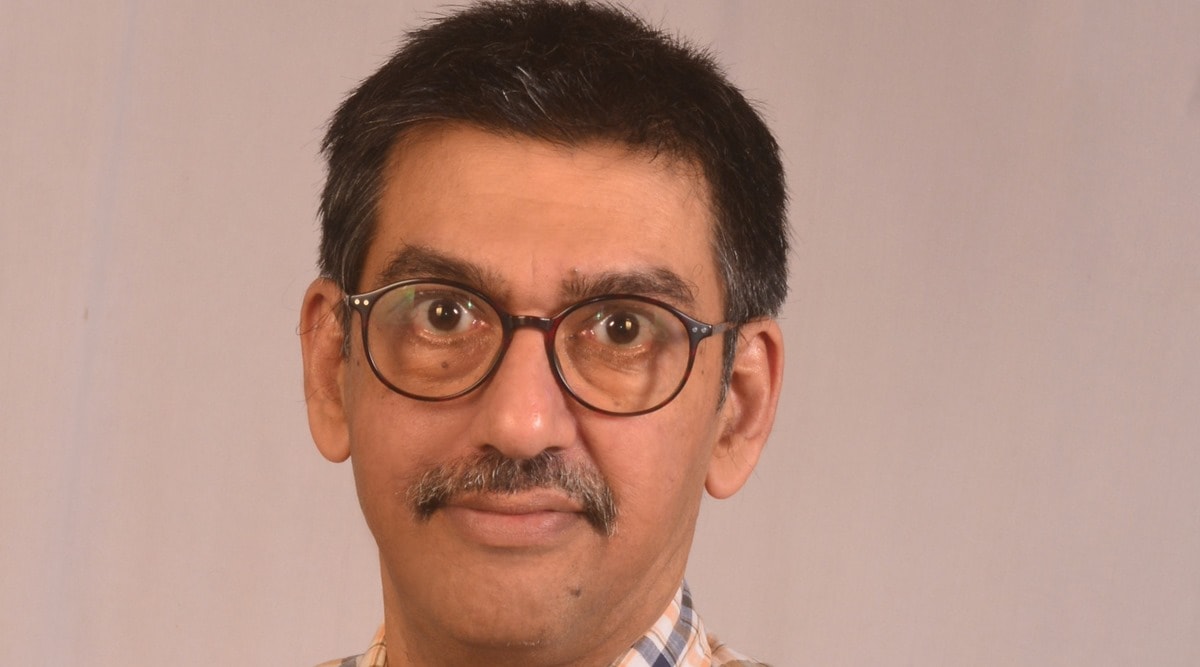
Table of Contents
The Scarcity of Mental Health Professionals in Ghana
The Critical Shortage of Psychiatrists
The statistic of only 80 psychiatrists serving a population of 30 million paints a grim picture of the psychiatrist shortage in Ghana. This translates to an incredibly low doctor-patient ratio, severely limiting accessibility and impacting the quality of care. The consequences are far-reaching:
- Excessively long wait times: Individuals seeking help often face months, or even years, of delays before receiving an appointment with a psychiatrist.
- Limited access to specialized care: Many mental health conditions require specialized treatment that simply isn't available due to the lack of professionals.
- Significant geographical disparities: Access to mental healthcare is vastly different depending on location, with urban areas having marginally better access than rural communities. This creates significant health inequities within the country. These issues contribute to a severe crisis in access to mental healthcare in Ghana.
Lack of Other Mental Health Professionals
The shortage extends far beyond psychiatrists. Ghana also faces a critical lack of psychologists, counselors, psychiatric nurses, and other essential mental health personnel. This overall deficit in the mental health workforce in Ghana exacerbates existing problems:
- Insufficient psychological support: The lack of psychologists means fewer individuals receive crucial therapy and counseling for various conditions like anxiety, depression, and trauma.
- Limited inpatient care: A shortage of psychiatric nurses restricts the capacity of mental health facilities to provide adequate inpatient care, impacting those needing intensive treatment.
- Inadequate community-based support: The lack of community-based mental health workers limits access to early intervention and support for those in need. Addressing the broader mental health professional shortage in Ghana requires a multi-pronged approach.
Systemic Challenges within Ghana's Mental Healthcare System
Inadequate Funding and Resource Allocation
The underfunding of mental healthcare within Ghana's national budget is a significant barrier. Mental health funding in Ghana consistently lags behind funding for other healthcare sectors. This leads to:
- Insufficient infrastructure: Many mental health facilities are dilapidated, understaffed, and lack essential equipment, impacting both patient care and staff morale.
- Limited resources for training and development: Without sufficient funding, opportunities for training and professional development for existing mental health professionals are limited, hindering the growth of the sector.
- Lack of investment in research: Limited research funding hinders understanding the specific mental health needs of the Ghanaian population and the development of culturally appropriate interventions. This severely restricts progress in healthcare infrastructure in Ghana specifically dedicated to mental health.
Stigma and Social Barriers to Care
Deep-rooted stigma surrounding mental illness remains a significant obstacle to help-seeking behavior in Ghana. Mental health stigma in Ghana stems from various cultural beliefs and misconceptions:
- Misconceptions about mental illness: Mental illnesses are often attributed to witchcraft, spiritual possession, or personal weakness, hindering individuals from seeking professional help.
- Fear of discrimination and social exclusion: Individuals fear losing their jobs, relationships, or social standing if their mental health condition becomes known.
- Lack of awareness and education: Limited public awareness campaigns and educational programs contribute to the perpetuation of stigma. Understanding and addressing cultural barriers to mental health is vital for effective treatment.
Limited Access to Medication and Treatment Options
Access to essential medications and therapies for mental health conditions is also restricted. Medication access in Ghana, as well as the availability of various therapies, faces several challenges:
- High cost of medications: Many essential medications are expensive, placing them beyond the reach of many Ghanaians.
- Limited availability of specialized therapies: Access to evidence-based therapies like Cognitive Behavioral Therapy (CBT) and other specialized treatments is extremely limited.
- Poor medication adherence: Lack of access to consistent care and support contributes to poor medication adherence, impacting treatment outcomes. Improving mental health treatment in Ghana necessitates addressing these barriers.
Efforts to Improve Ghana's Mental Healthcare System
Government Initiatives and Policy Changes
While challenges remain significant, the Ghanaian government has initiated several steps to address the mental health crisis. Ghana mental health policy is slowly evolving, including:
- Increased budget allocation (although still insufficient): There's been a gradual increase in funding for mental health services in recent years, although more investment is crucial.
- Development of national mental health policies and strategies: The government has developed national strategies aimed at improving mental healthcare access and quality.
- Establishment of mental health units in some hospitals: Efforts are underway to integrate mental health services into general hospitals across the country. These are steps in the right direction for mental health reform in Ghana.
NGO and Community-Based Initiatives
Numerous NGOs in Ghana play a vital role in providing mental healthcare services and advocating for improved mental health policies:
- Community-based mental health programs: Many NGOs are implementing community-based programs aimed at reducing stigma, providing support, and promoting mental well-being.
- Training and capacity building: NGOs are involved in training mental health professionals and supporting the development of a skilled workforce.
- Advocacy and awareness campaigns: NGOs are actively engaged in raising awareness about mental health issues and advocating for policy changes. This crucial work is supporting the efforts towards community mental health in Ghana.
Conclusion
Ghana's mental healthcare system faces a multitude of challenges, including a severe shortage of mental health professionals, inadequate funding, pervasive stigma, and limited access to essential medications and therapies. While the government and NGOs are making efforts to improve the situation, the scale of the problem demands a significantly greater commitment to resources, policy reform, and community engagement. We urge readers to learn more about this critical issue, support organizations working to improve mental healthcare in Ghana, and advocate for policies that prioritize mental health and well-being. By working together, we can help improve Ghana's mental healthcare and ensure that all Ghanaians have access to the care they need and deserve. Consider supporting organizations like [insert links to relevant organizations here] to help address the mental health crisis in Ghana.

Featured Posts
-
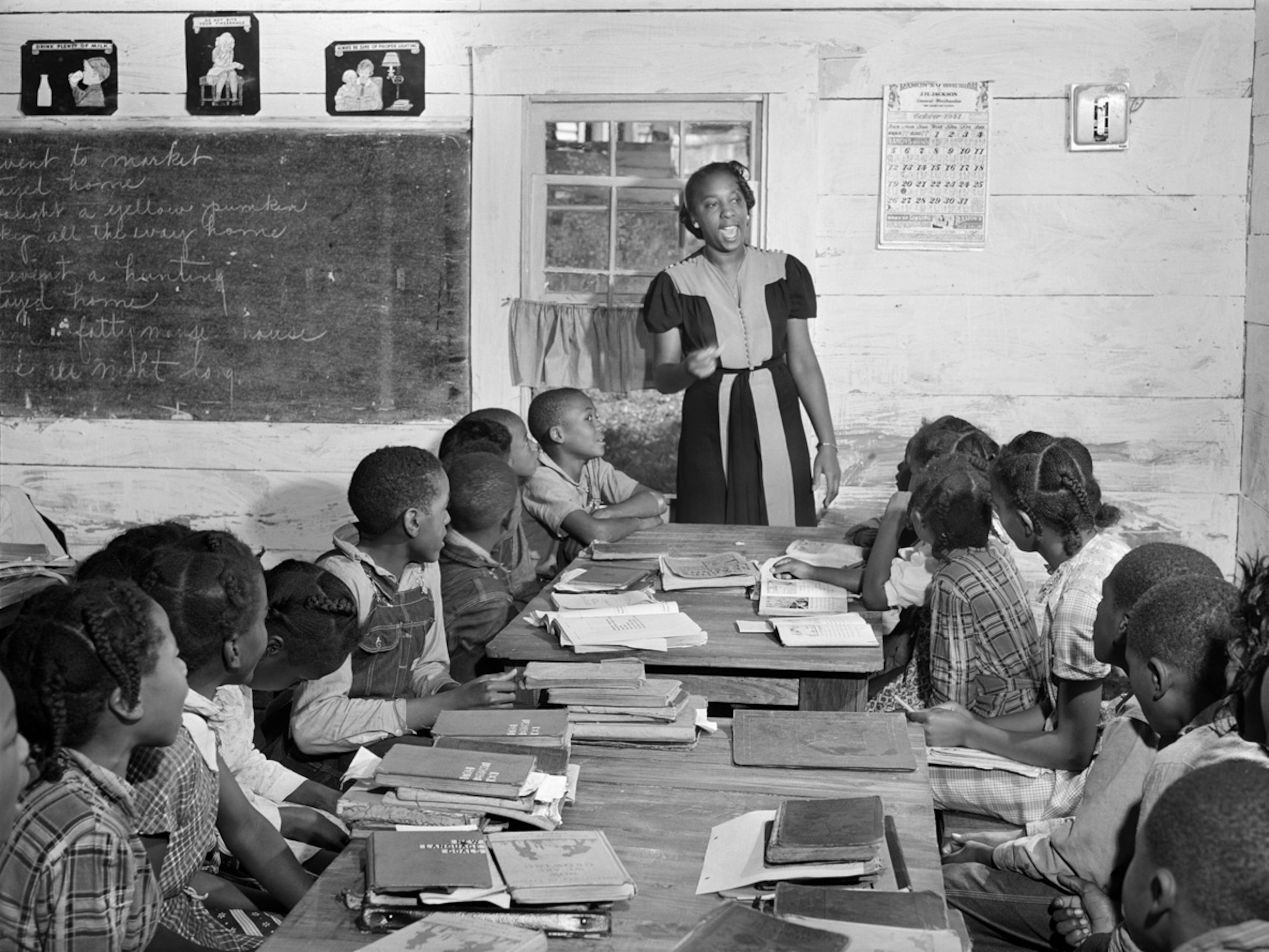 End Of School Desegregation Order Implications For Future Cases
May 02, 2025
End Of School Desegregation Order Implications For Future Cases
May 02, 2025 -
 Tulsas Winter Weather A Digital Exclusive Timeline Featuring Travis And Stacia
May 02, 2025
Tulsas Winter Weather A Digital Exclusive Timeline Featuring Travis And Stacia
May 02, 2025 -
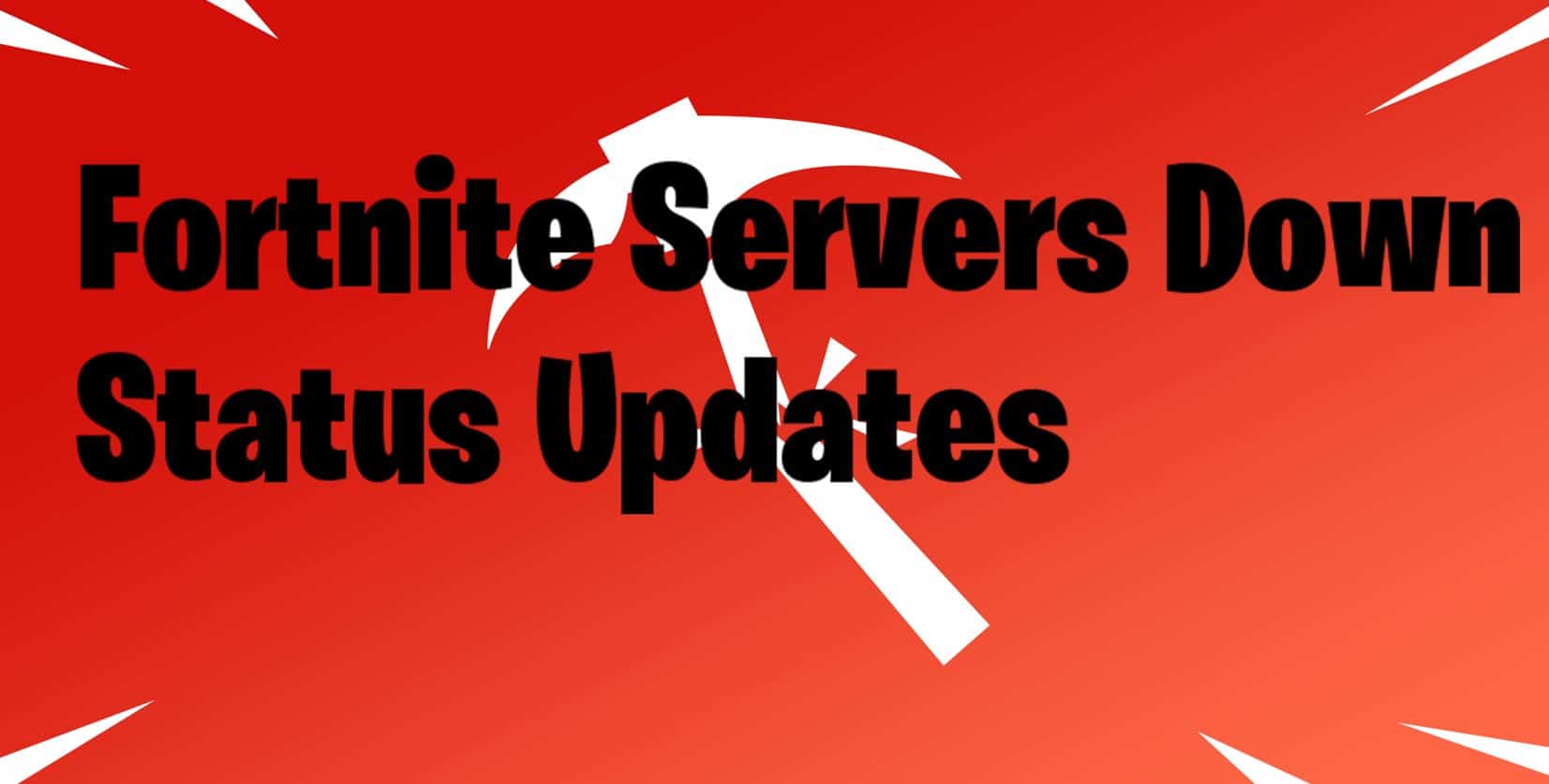 Fortnite Servers Down Chapter 6 Season 2 Lawless Update Maintenance
May 02, 2025
Fortnite Servers Down Chapter 6 Season 2 Lawless Update Maintenance
May 02, 2025 -
 Lacrosse Hazing Incident 11 Players Avoid Kidnapping Charges In Syracuse
May 02, 2025
Lacrosse Hazing Incident 11 Players Avoid Kidnapping Charges In Syracuse
May 02, 2025 -
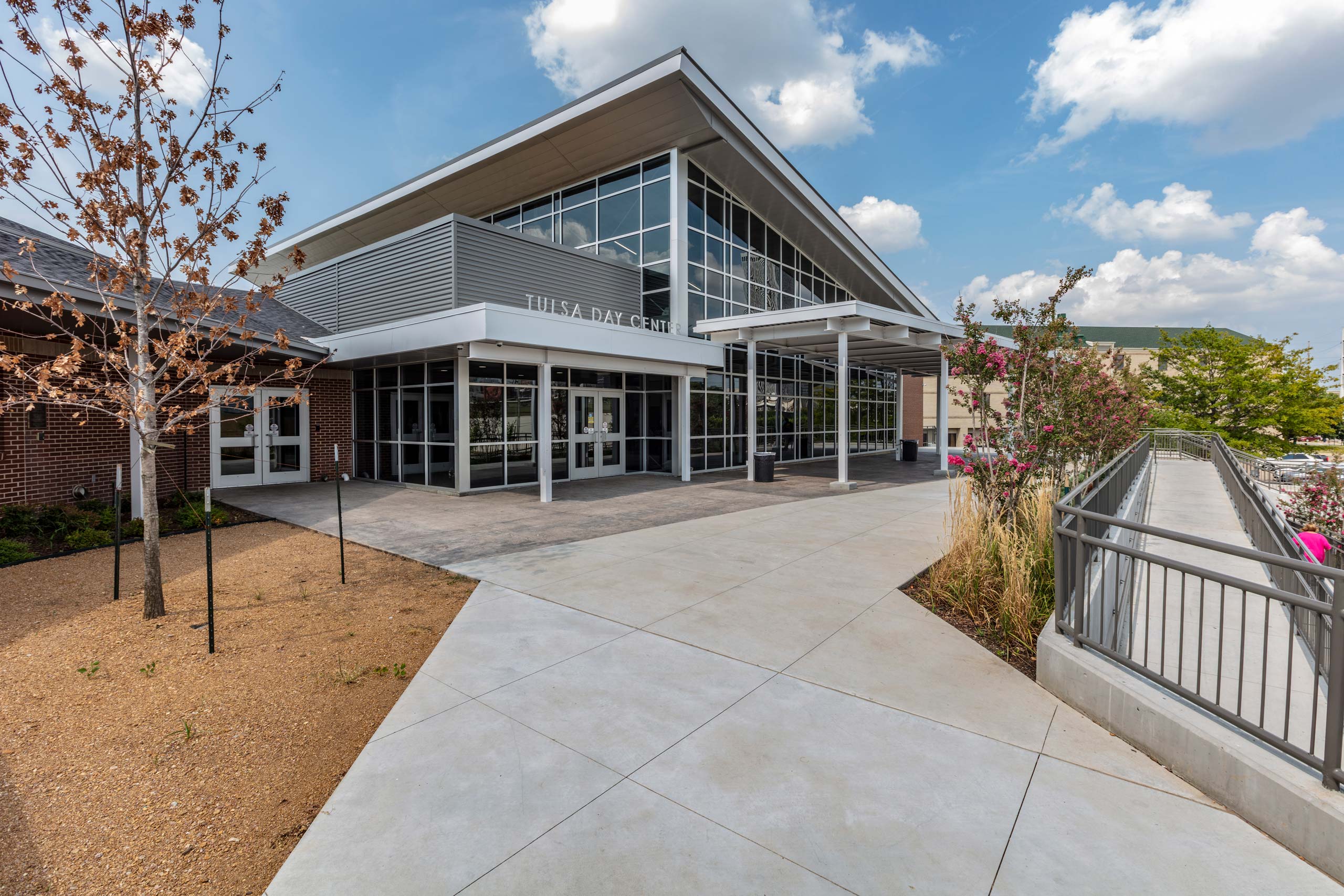 Rising Homelessness In Tulsa Insights From The Tulsa Day Center
May 02, 2025
Rising Homelessness In Tulsa Insights From The Tulsa Day Center
May 02, 2025
Latest Posts
-
 La Vision De Netanyahu Sur Le Soutien De Macron A Un Etat Palestinien
May 03, 2025
La Vision De Netanyahu Sur Le Soutien De Macron A Un Etat Palestinien
May 03, 2025 -
 Visage Emu De Macron Au Dela De La Douleur La Rencontre Avec Les Victimes De L Armee Israelienne
May 03, 2025
Visage Emu De Macron Au Dela De La Douleur La Rencontre Avec Les Victimes De L Armee Israelienne
May 03, 2025 -
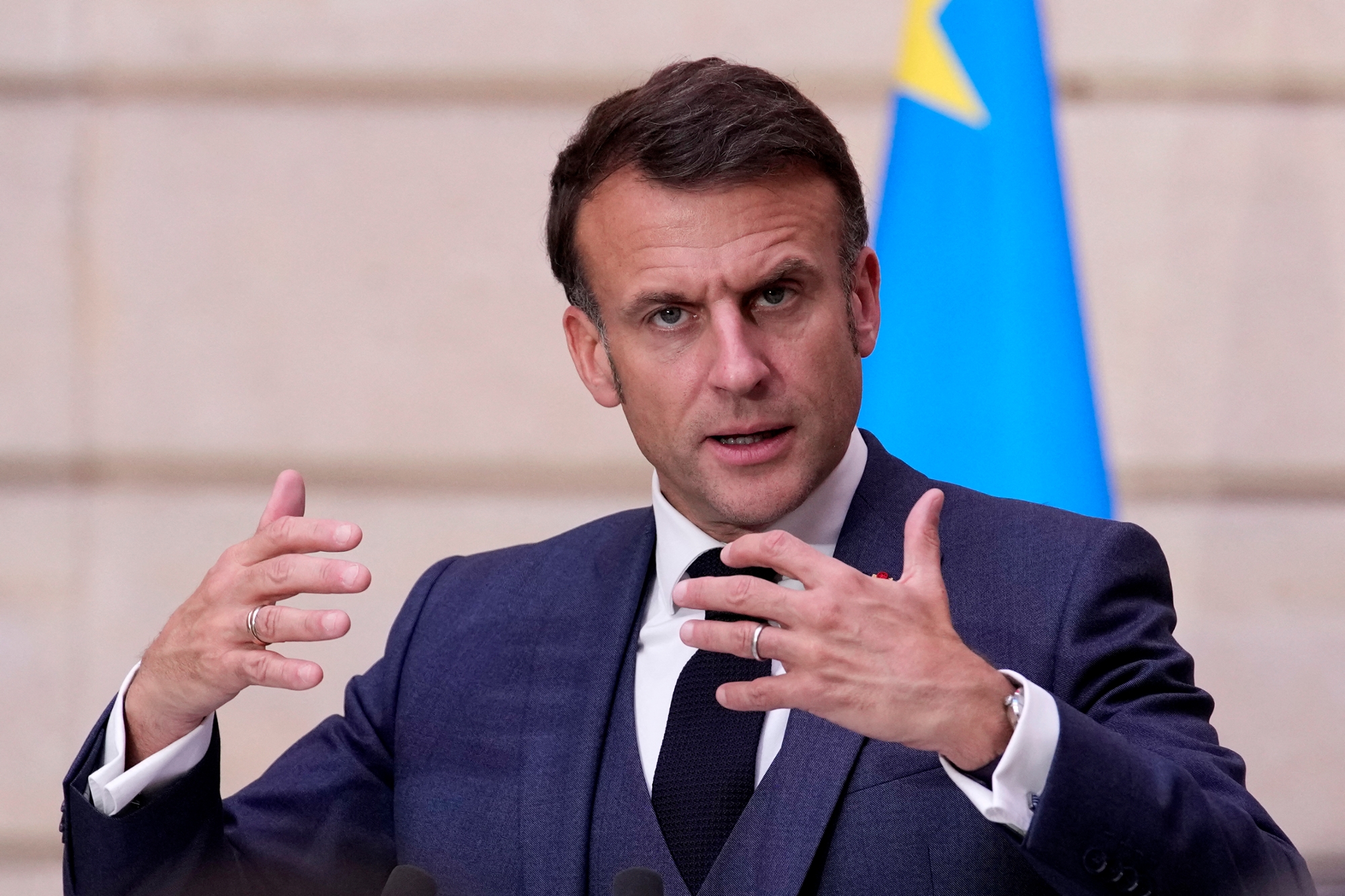 Position De Netanyahu Macron Se Trompe Gravement Sur L Etat Palestinien
May 03, 2025
Position De Netanyahu Macron Se Trompe Gravement Sur L Etat Palestinien
May 03, 2025 -
 Reaction De Macron Au Dela De La Douleur Une Image Forte Apres Rencontre Avec Les Victimes Israeliennes
May 03, 2025
Reaction De Macron Au Dela De La Douleur Une Image Forte Apres Rencontre Avec Les Victimes Israeliennes
May 03, 2025 -
 Netanyahu Accuse Macron De Grave Erreur Sur Le Projet D Etat Palestinien
May 03, 2025
Netanyahu Accuse Macron De Grave Erreur Sur Le Projet D Etat Palestinien
May 03, 2025
